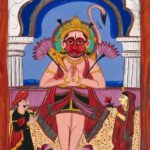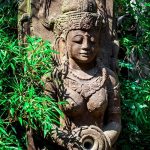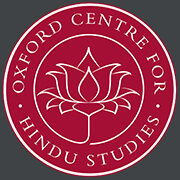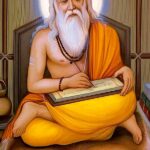Brahma-sutra
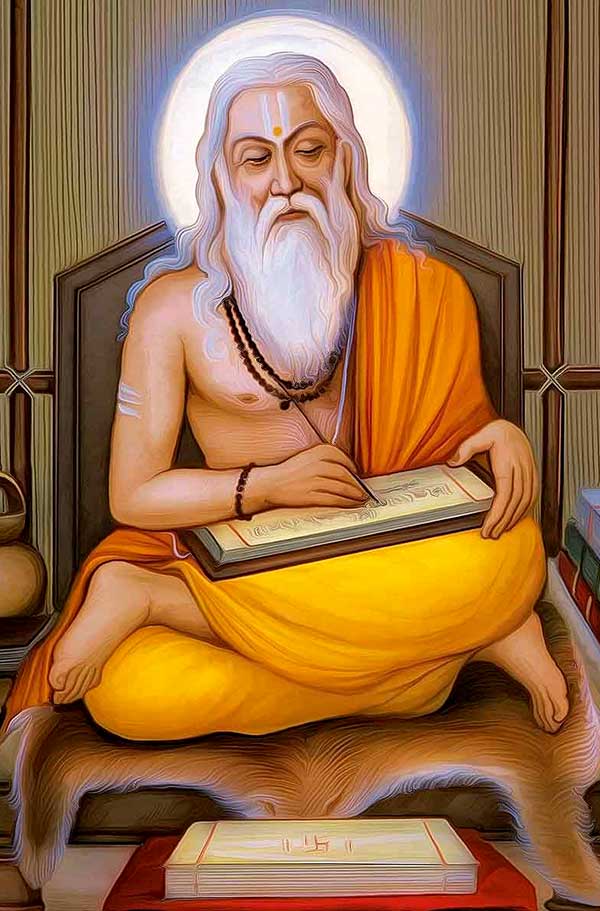
The Brahma-sutra systematises the teachings of the Vedas and Upanishads. Many consider any school of Hindu thought incomplete without a commentary on this foundational text.
Attributed to the sage Badarayana (also known as Vedavyasa or Vyasadeva), Brahma-sutra is also known as the Vedanta-sutra. The text consists of 555 sutras divided into four chapters addressing knowledge of Brahman. It reconciles the teachings of early Hindu texts and presents them in a coherent and logical framework.
In this course we follow the structure of the Brahma-sutra, considering its authorship, its philosophy and theology, creation, good and evil, meditation, and liberation.
Course videos are produced by Prof. Aleksandar Uskokov (Yale), and the course is based on his book The Philosophy of the Brahma-sutra (Bloomsbury, 2022). An electronic copy of this book is given to students.
Start Date: 26 April 2026
Course Duration: Eight Weeks
240 pages
On-Demand Video
The main video component of your course. On-demand means you can watch at the time that suits you.
6hr 42min
Community Discussions
These free Zoom sessions are not part of your main course materials. They are led by OCHS-affiliated scholars and open to students enrolled in any course.
Explore other areas of Hindu studies! Meet tutors and students from other courses!
Session One: What is the Brahma-sutra and What is it About?
In this session we discover the Brahma-sutra and its central role to Hindu philosophy. We learn about the Brahma-sutra’s role in understanding Brahman, the soul, liberation, and meditation.
What is a Sutra?
The thoughtful describe sutras as sentences that are brief, whose meaning is indicated (sucitarthani), expressed in few words and syllables, and essential in all respects. (Madhva)
The knowers of sutras describe a sutra as what is stated in few syllables, is clear, essential yet comprehensive, without embellishments, and irreproachable. (Bhamati)
Session Two: Brahma-sutra – Its History and Commentaries
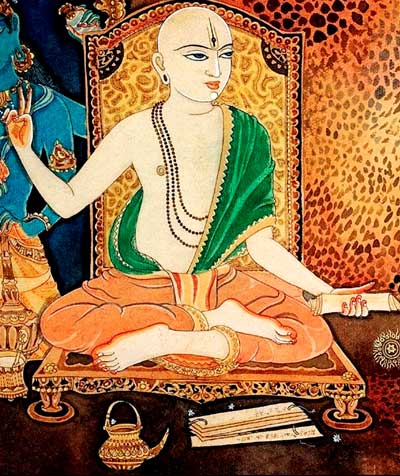
Although relatively short, the Brahma-sutra has a commentarial tradition with widely divergent views. In this session we introduce the most important interpretations of the Brahma-sutra including those by some of the most renowned thinkers in Hinduism: Śaṅkara, Bhāskara, Rāmānuja, Madhva, Nimbārka, Vijñānabhikṣu, and Baladeva Vidyābhūṣana.
We also look at verse summaries of the Brahma-sutra as well as the Bhagavata Purana – which positions itself as an extension of the Brahma-sutra.
Session Three: Brahma-sutra – Its Philosophy and Theology
“[Brahman is the cause of the world] because scripture is its womb.” Brahma-sutra 1.1.3
In this session we distinguish two kinds of reasoning that the author engages in – theological and philosophical – by looking at his arguments against Mimamsa and Samkhya. We then move to the idea of “scripture” that was central to his way of knowing Brahman.
Session Four: Existence and its Causes
What is Brahman? This is the big question of the Brahma-sutra. What is its nature? How does it originate the world? And how does it interact with the soul?
Session Five: The Purpose of Creation
We now turn to the theology of play. One of the most important scriptural accounts of play in Hinduism is in the Brahma-sutra, and its point is to tackle the question: why would the perfectly contented Brahman create the world? Does this imply that Brahman has desires?
Session Six: Brahman and the Problem of Evil
If Brahman is the source of everything, then isn’t it responsible for the varying degrees of happiness and suffering experienced by living beings?
If creation is a game for Brahman, why is it sometimes like that of soccer hooligans?
Session Seven: Meditation on Brahman
Finally we turn to the place of meditation in the Brahma-sutra. Brahma-sutra argues that there is a higher Self to be attained by way of Upanishadic meditation. In this session we see how this meditation was conceived.
Session Eight: The Soul, Liberation, and Attainment of Brahman
According to Brahma-sutra, after a practitioner achieves perfection in meditation and directly experiences Brahman:
- Inactivated past karma is erased.
- New actions don’t create karma.
- Existing good karma that aids meditation remains until death.
- Current karma, already influencing this life, still needs to be experienced.
In this session we examine how these processes work in the Brahma-sutra and what liberation means.
Associated Courses
Your Tutor

Dr Alan Herbert
With a D.Phil. in Theology and Religion at Oxford, Alan is a Post-doctoral Research Fellow at the Oxford Centre for Hindu Studies. His current projects include philosophical approaches to the Vaiṣṇava concept of God and the intersection between Hinduism and secular society.
